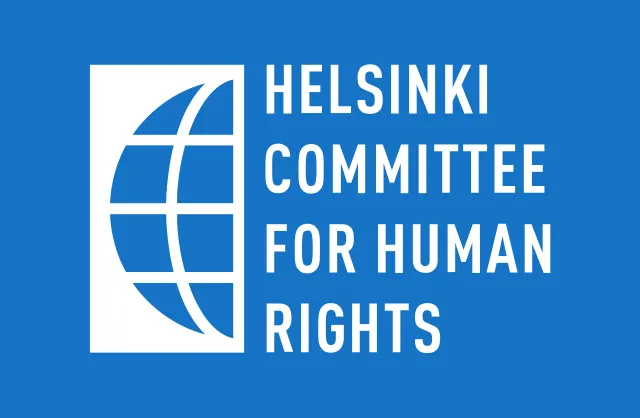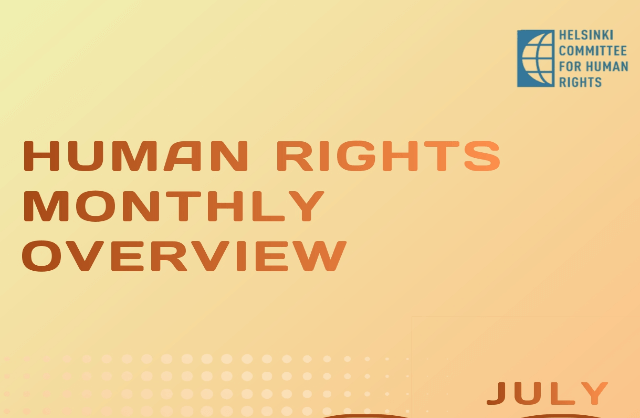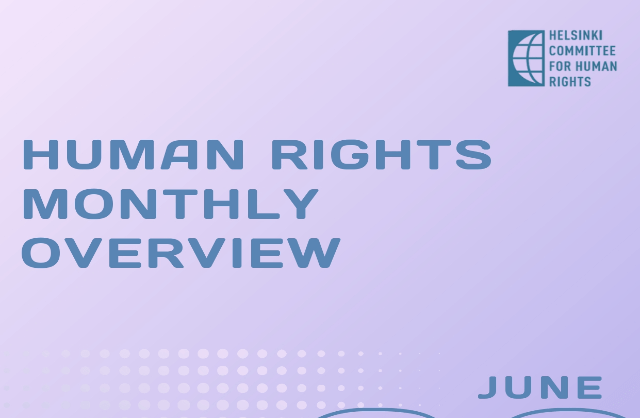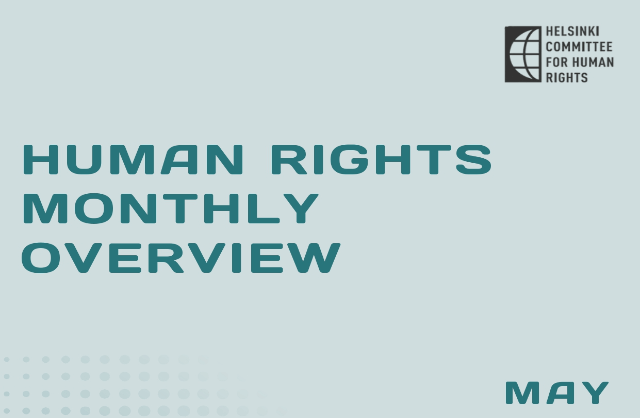The situation at the border crossings Gevgelija and Kumanovo for the period: 19.09.2016 – 25.09.2016
September 30, 2016

The weekly report on the situation at the border crossings Gevgelija and Kumanovo includes the following topics: Available facilities and conditions at the camp and Institutional treatment.
Gevgelija
Available facilities and conditions
The number of refugees in the camp amounts to 133 and it did not fluctuate in the course of the entire week, taking into account that the refugees who arrived were soon deported to Greek territory.
A metal detector – as a donation of the Danish Refugee Council – was set up at the entrance gate of the camp.
In the course of the week, representatives of the Ombudsman paid a visit to the camp.
Institutional treatment
On 21.09.2016, 98 refugees originating from Syria and Pakistan were brought to the camp, who, according to the information from the police, were caught up at the railway station in Gevgelija. After a brief stay they were transported to Greek territory.
The presence of foreign police units who patrol down the borderline (currently members of the Czech, Austrian and Serbian police) can be observed in the camp and in the vicinity .
On 24.09.2016, 20 refugees were brought to the camp, 8 of whom were men, 2 were women and 10 children, all originating from Afghanistan and one man originating from Algeria. Within 7 hours they were transported to Greek territory in two groups.

Kumanovo
Available facilities and conditions
The number of refugees in the camp amounted to 61 in the course of the entire week. Most of the refugees originate from Syria, while some of them are from Iraq. Among them there are 18 men, 19 women and 24 children.
Taking into account the small number of refugees and their minimal movement in the camp, there is an impression that the camp is completely abandoned.
The NGOs work on improvement of the coordination and work in providing psycho-social support to the refugees and meeting the needs of specific cases.
Swings for the children have been set up in the camp.
Institutional treatment
The camp is nearly completely closed to the refugees staying in the surrounding fields and meadows. In exceptional cases they are allowed to briefly enter for one hour, in order to get food and water, but on certain occasions they are not even allowed that much.
The situation in the shelter centers in the Republic of Macedonia
The number of refugees in the shelter centers in the Republic of Macedonia is not available.
Irregular migration
In the course of the week, the bulletin of the Ministry of Interior registered three criminal and legal events related to migrant smuggling.
On 20.09.2016, in the vicinity of the village of Marvinci, Valndovo region, one person was voluntarily transporting about 10 migrants originating from Afghanistan, who had illegally interested the country, with his vehicle. When the vehicle was stopped by police officers, the migrants fled from the vehicle, while the driver, and another person from Afghanistan who stayed in the car, were detained in order to clarify the case. On 21.09.2016, on the Gevgelija-Skopje motorway, a vehicle was spotted, in which, after the driver escaped, 11 migrants originating from Iraq were found. It is not known how the migrants were treated afterwards.
On the 23 and 24th of September, 2016, in a police operation of the Ministry of Interior and the Sector for border affairs and migration, a search was preformed in a house in the village of Lojane, Kumanovo, where in a warehouse were found 35 refugees. Beside the owners of the house, were arrested two persons from Avghanistan and four persons from Pakistan, who are assumed to have held two families from Syria unlawfully, among which there were six minors. Criminal charges are raised against the owners of the house for the criminal act of “smuggling of migrants” according to article 418-b, line 5 from the Criminal Code of the Republic of Macedonia.
 This report is made possible by the generous support of the Foundation Open Society Institute (FOSI) within the project „Improvement of the rights protection for migrants and asylum seekers in the Republic of Macedonia“. The contents are the responsibility of the Helsinki Committee for Human rights of the Republic of Macedonia and do not necessarily reflect the views of FOSI.
This report is made possible by the generous support of the Foundation Open Society Institute (FOSI) within the project „Improvement of the rights protection for migrants and asylum seekers in the Republic of Macedonia“. The contents are the responsibility of the Helsinki Committee for Human rights of the Republic of Macedonia and do not necessarily reflect the views of FOSI.


